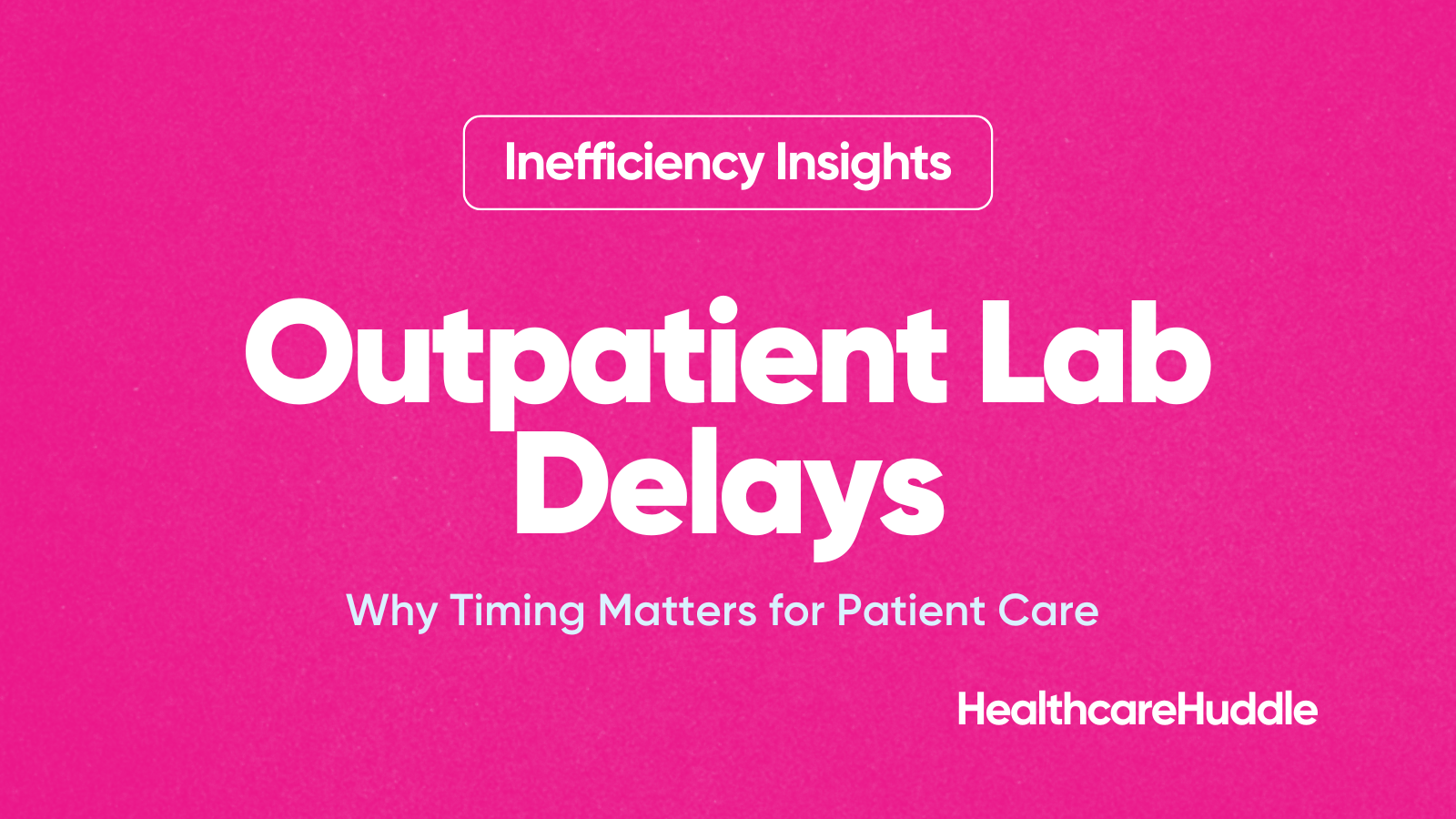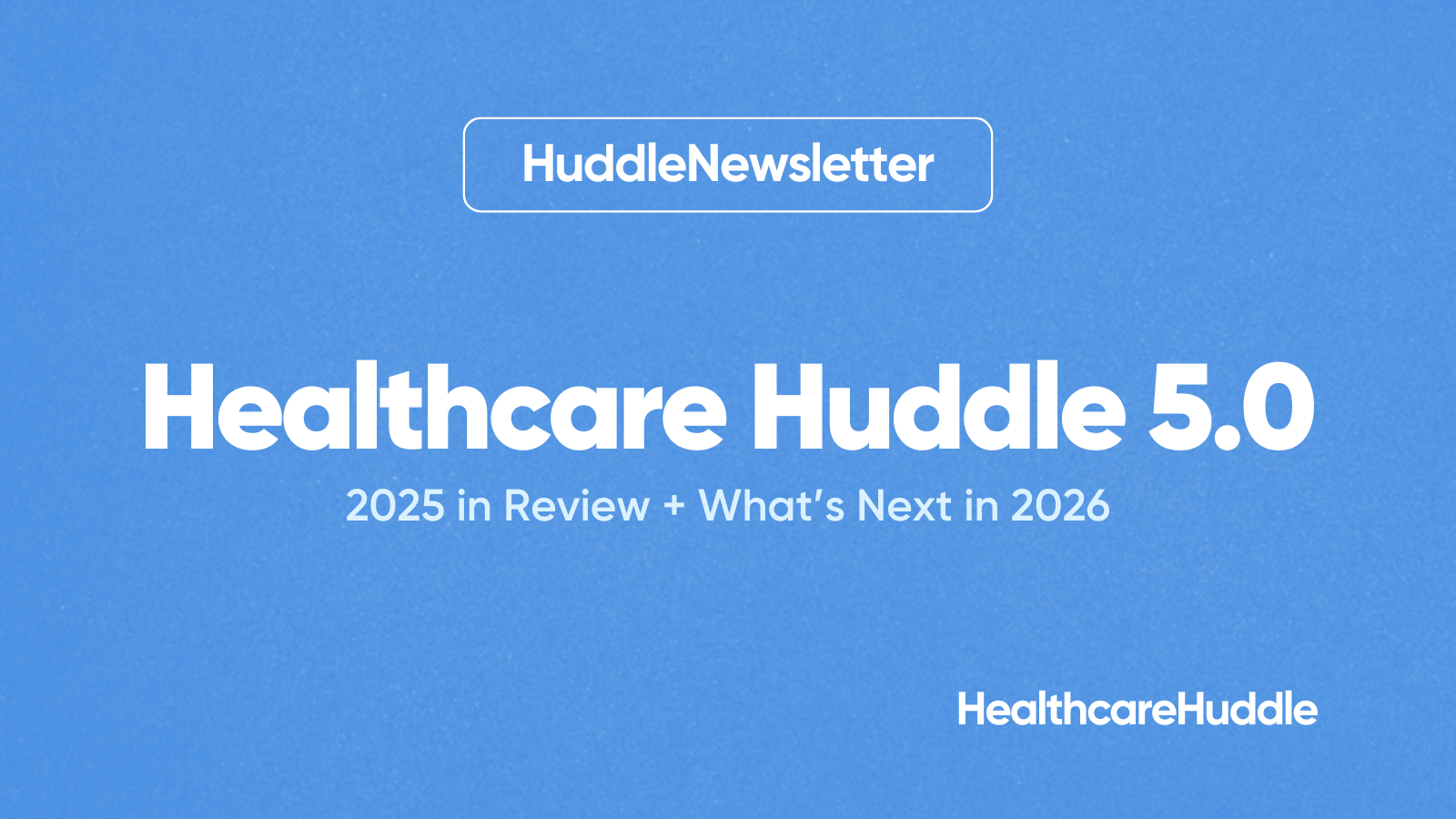Compounding pharmacies have been gaining attention, particularly with the rise of direct-to-consumer digital health companies offering compounded versions of popular medications like GLP-1 receptor agonists. But what exactly are Compounding pharmacies, and how do they differ from traditional pharmacies?
What is a Compounding Pharmacy?
A Compounding pharmacy is a specialized pharmacy that prepares custom-made medications tailored to meet specific patient needs that cannot be met by standard, commercially available drugs. Unlike traditional pharmacies that dispense pre-manufactured medications, Compounding pharmacies create medications from scratch based on a physician’s prescription. These medications are crafted to meet unique requirements, such as removing an allergenic ingredient or altering the dosage form.
Types of Compounding Pharmacies
There are two main types of Compounding pharmacies:
503a Pharmacies: These are state-regulated pharmacies that create tailored medications for individual patients based on specific prescriptions. They operate under strict guidelines and are typically small-scale operations focused on personalized patient care.
503b Pharmacies: These larger, FDA-regulated pharmacies can produce compounded medications in bulk without individual prescriptions. 503b pharmacies are often utilized by direct-to-consumer digital health companies to produce medications at scale, making them more accessible to a broader audience.
Compounded Medications: Not Generic or FDA-Approved
One common misconception about compounded medications is that they are equivalent to generic or FDA-approved alternatives. This is not the case. Compounded medications are not “generic,” “alternative brand-name,” or FDA-approved versions of drugs. Instead, they contain the same active pharmaceutical ingredient (API) as the FDA-approved version but are formulated differently to meet specific patient needs. It’s important to note that making claims about the safety or efficacy of compounded medications is illegal under the Federal Food, Drug, and Cosmetic Act (FDCA).
The Appeal of Compounded Medications
One of the key reasons for the growing popularity of compounded medications, particularly in the case of GLP-1 receptor agonists like semaglutide, is cost. Brand-name medications can be prohibitively expensive, with semaglutide often priced at over $1,000 per month. In contrast, direct-to-consumer digital health companies like Sesame offer compounded versions of semaglutide at a fraction of the cost—sometimes as low as $249 per month. This cost advantage makes compounded medications an attractive option for patients looking to manage their health affordably.
Safety Considerations and FDA Warnings
While compounded medications offer a more affordable alternative, they come with their own set of risks. The FDA has issued alerts regarding dosing errors associated with compounded injectable semaglutide products, which have led to overdoses. Since compounded products differ from FDA-approved versions in terms of concentration and instructions, the risk of dosing errors is higher. Additionally, a study published in JAMA highlighted that semaglutide products sold online without a prescription are often sourced from illegal pharmacies, posing significant risks of counterfeit and contaminated products.
Conclusion
Compounding pharmacies play a vital role in providing customized medications for patients with specific needs that standard drugs cannot address. However, it’s crucial for consumers to understand that compounded medications are not FDA-approved and may carry risks, particularly when sourced from unregulated online pharmacies. As the popularity of compounded medications continues to rise, especially in the digital health space, consumers must be well-informed about the potential benefits and risks associated with these custom-made drugs.
For those considering compounded medications, it’s essential to consult with healthcare providers and ensure that any medication is obtained from a reputable, regulated pharmacy to mitigate risks and ensure safety.

Check out more exclusive coverage with a Huddle+ subscription.
Read personalized, high-quality content that helps healthcare providers lead in digital health, policy, and business. Become a Huddle+ member here.






